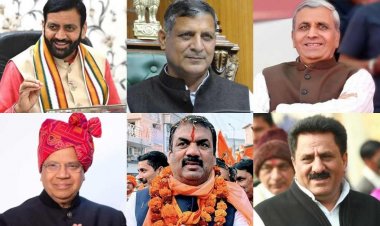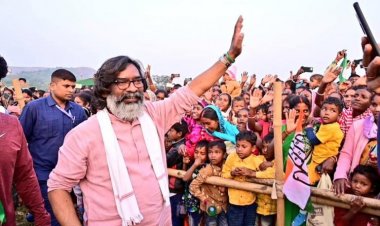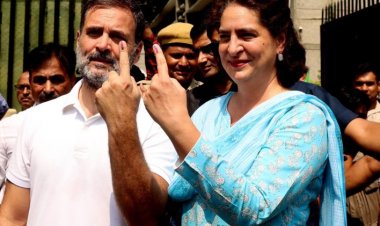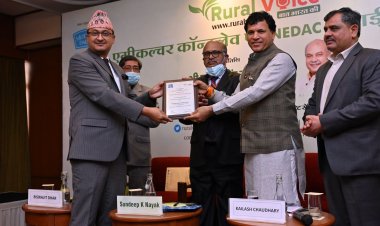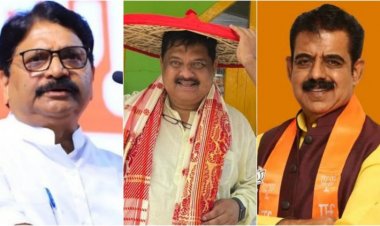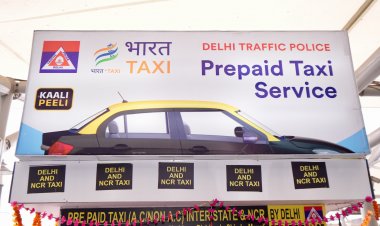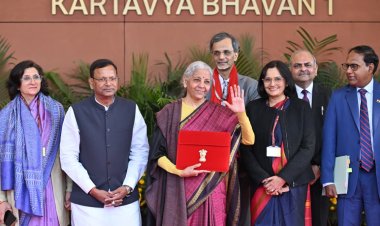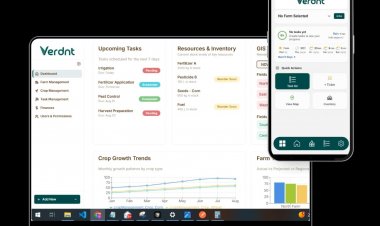Karnataka elections 2023: High-octane campaign ends, triangular contest on cards on May 10
As the campaigning for the May 10 elections reached a fever pitch with politicians hurling barbs such as “poisonous snake”, “vishakanya” and “nalayak beta” at each other, the Election Commission on May 2 issued an advisory asking political parties and their star campaigners to exercise caution and restraint in their utterances and not to vitiate the election atmosphere.
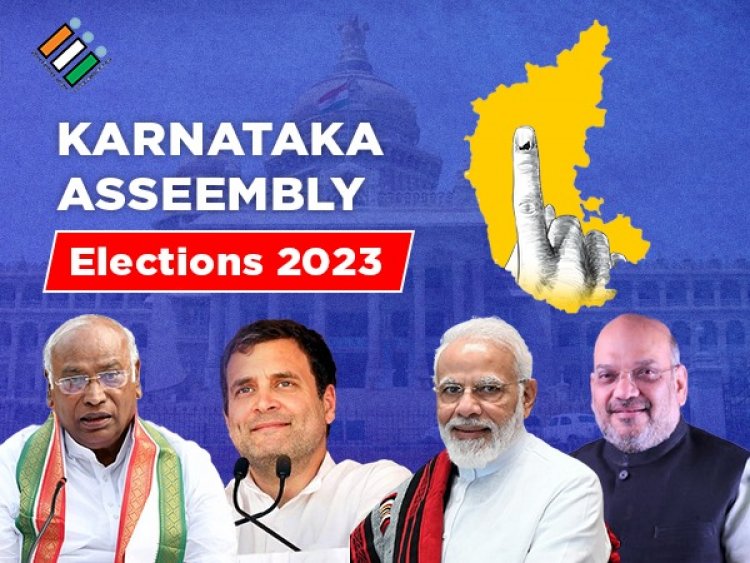
Curtains came down on Monday evening on the high-octane campaign for the single-phase Karnataka Assembly elections, where the ruling BJP, the Congress and JD(S) are crossing swords in a fierce battle of ballots on May 10.
Towards the fag end of electioneering, the BJP moved the Election Commission seeking action against Congress leader Sonia Gandhi and “derecognition” of the grand old party for her use of the term “sovereignty” for the state during the poll rally. All the key contenders have put their best foot forward to catch the voters’ eyes. The ruling BJP is trying to break a nearly four-decade-old pattern of alternating government in the southern state.
Congress, on the other side, is hoping to get back to power in Karnataka to boost the morale of the party ahead of the crucial 2024 Lok Sabha elections. In the 224-member Assembly, both the BJP and the Congress, are aiming at forming a ‘government with full majority’. The ruling BJP is facing a tough challenge to retain power as it battles allegations of corruption, communal polarisation and demands for caste reservation - all of which could upset the saffron cart. The saffron party has used its ‘development card’ to counter the anti-corruption campaign run by rival Congress.
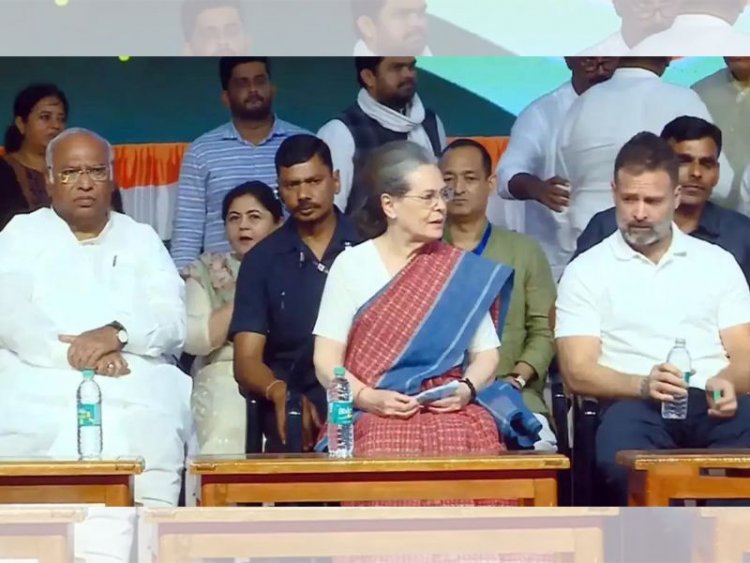
On the other hand, wanting to emerge as ‘king’ and not ‘kingmaker’, the JD(S) led by former Prime Minister H D Deve Gowda has put all its might into campaigning. It is hoping to get the required numbers to form a government on its own.
As the campaigning for the May 10 elections reached a fever pitch with politicians hurling barbs such as “poisonous snake”, “vishakanya” and “nalayak beta” at each other, the Election Commission on May 2 issued an advisory asking political parties and their star campaigners to exercise caution and restraint in their utterances and not to vitiate the election atmosphere.
The EC also barred any party or candidate from publishing any advertisement in the print media on the poll day and one day prior without clearance from the media certification and monitoring committee. It noted that advertisements of offending and misleading nature vitiate the entire election process. On complaints against advertisements in the media, the Commission said national parties and star campaigners were duty bound to adhere to the expected standards of campaign discourse.
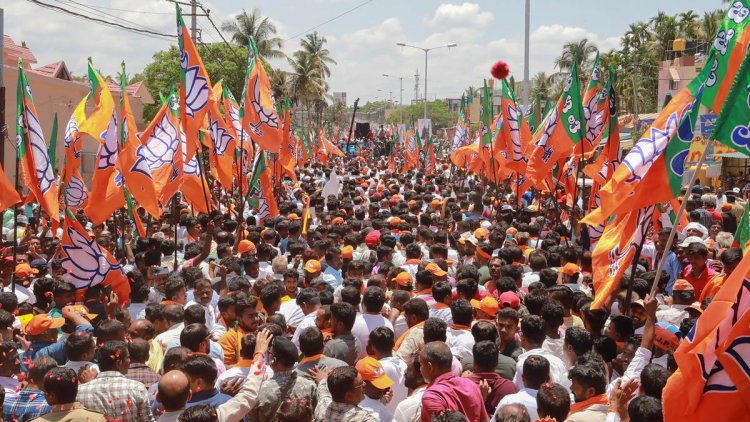
In a separate letter to editors, the Election Commission (EC) made it clear to them that the Press Council of India’s norms for journalistic conduct hold them responsible for all matters, including advertisements, published in their newspapers.
Prime Minister Narendra Modi was part of around 15 public meetings and roadshows over six days, giving the BJP campaign a significant push. A total of 113 seats are needed for a simple majority - a feat BJP has never achieved.
In all, there are 2,613 candidates in the fray, including 185 women candidates and one from the ‘Others’ category. While 224 candidates are from the ruling BJP, the Opposition Congress has fielded 223, and the Janata Dal (Secular) 207 candidates. Counting of votes will be completed on May 13.



 Join the RuralVoice whatsapp group
Join the RuralVoice whatsapp group

















